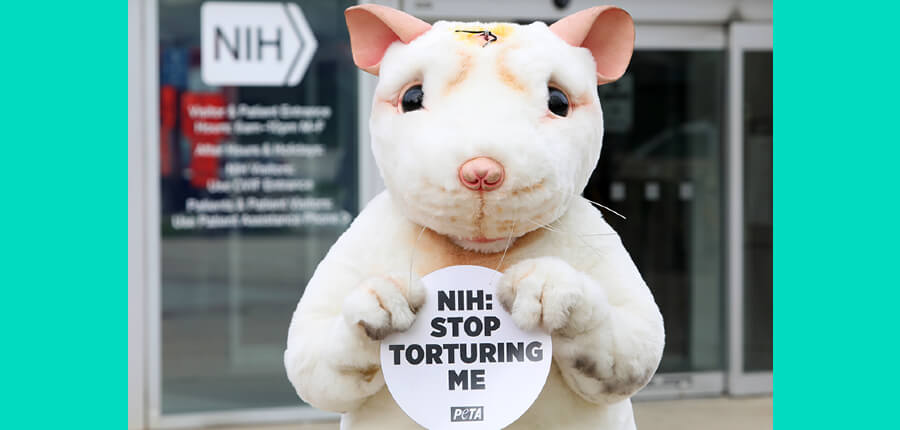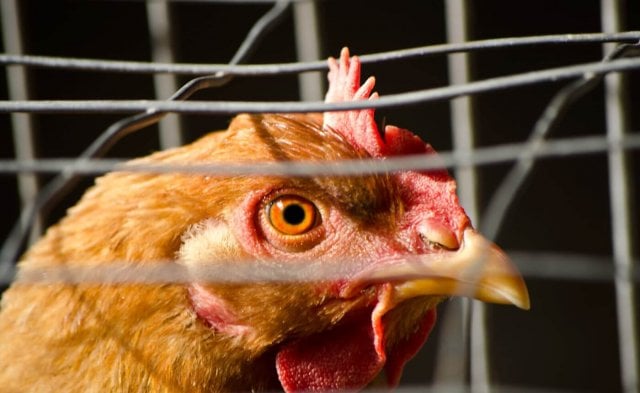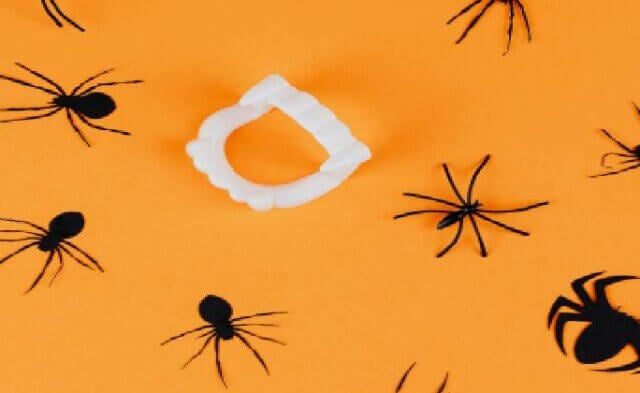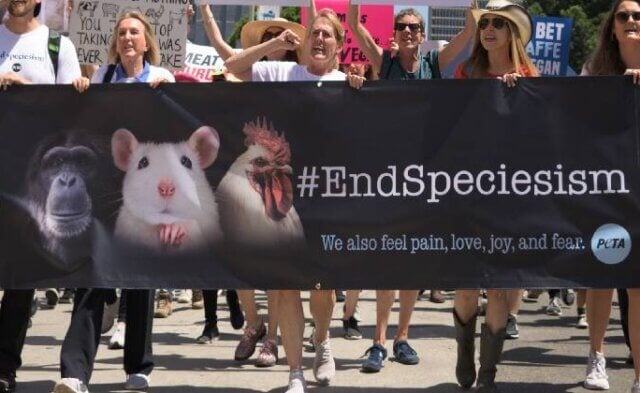It is impossible to overstate the importance of the Biden administration’s upcoming selection of director for the National Institutes of Health (NIH), following the resignation of Francis Collins.
This is no perfunctory appointment—or at least it shouldn’t be. This is an opportunity to chart an entirely new course in scientific research. It is a rare opportunity to create a research agency that will be envied the world over, an agency on the cutting edge of the development of 21st century solutions to human maladies, and an agency that can swiftly address new, uncertain developments, such as the next pandemic.
To do this, NIH needs a leader who can face facts: The era of animal experimentation is over.
NIH has mindlessly clung to a failed research model based on animal experimentation that continues to fail spectacularly, wasting time, money and lives. For instance:
- 95% of new drugs deemed safe and effective in tests on animals are found to be unsafe or ineffective in humans.
- 81% of the time, animal tests fail to detect the potential side effects of drugs in humans.
- 90% of basic research—most of which involves experiments on animals—has failed to lead to any human therapies.
- 89% of experiments cannot even be reproduced, resulting in the waste of $28 billion annually on research that may be inaccurate or misleading.
The failure rates for specific diseases are no less alarming:
- 100% of treatments for stroke and sepsis tested in animals have failed in humans.
- 6% of Alzheimer’s disease treatments developed in animals have failed in humans.
- Only 3.4% of oncology drugs tested on animals have succeeded in humans.
- Zero vaccines for HIV have been developed, despite decades of experiments in which chimpanzees, monkeys and other animals were infected with similar viruses.
- There has been no cure nor treatment for most cancers—despite a 50-year “war on cancer,” the disease is still the #2 killer of Americans, just as it was in 1971.
Courage and transparency are paramount in righting a ship that has run aground. While Collins fully understood that sepsis experiments in mice were disastrously ineffective for humans, he stood by as nearly 100 million tax dollars continued flowing into these same experiments. PETA has filed a lawsuit against NIH over this.
NIH is a $42 billion agency that annually wastes at least $19.5 billion experimenting on animals, effectively probing apples for information on oranges. It must divert that money into human-relevant research: epidemiological studies, in vitro work using human cells, integrative modeling and molecular simulations, three-dimensional printed human tissues, cell-based assays and organs-on-a-chip. These methods are more accurate and directly relevant, since no animals are acting as stand-ins for humans. The results are directly applicable.
To help in this process, PETA scientists have developed the Research Modernization Deal, which outlines the failure of the current paradigm and offers a roadmap for moving forward. Members of the European Parliament reviewed this strategy and last month voted to develop a plan to phase out animal testing.
We need leaders who are unafraid to chart new courses, leaders who learn from the past, rather than just repeating it. It is our choices that define who we are. Let’s urge President Biden to choose well.
President Biden: Choose an NIH Director Who Will Help Humans, Not Hurt Animals
Dr. Katherine Roe is Chief of PETA’s Science Advancement and Outreach Division.





